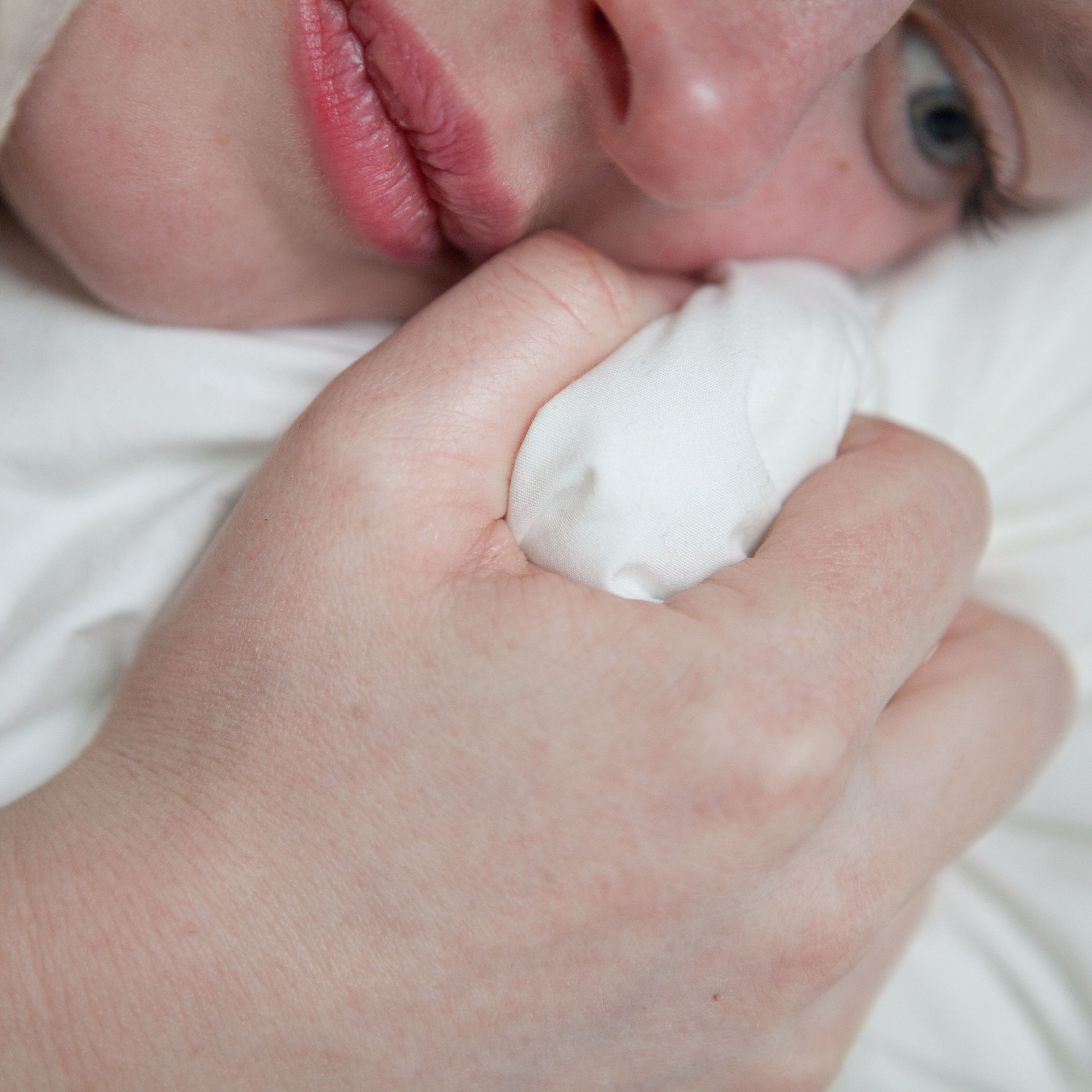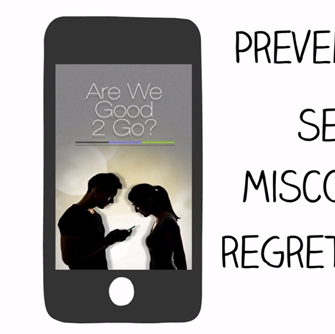Beware the Shoulder Rub
It's a gateway touch—and it's distressingly common.


I was in fifth grade when I encountered my first shoulder rubber. He would walk up behind me, rest his hands on my shoulders as he assessed what was happening on my computer screen, and lean in for a better look, kneading my tiny muscles and bird bones.
Last week, news broke that women have been accusing high-profile Hollywood executive Harvey Weinstein of sexual harassment for decades. He would allegedly ask staffers and starlets for massages, ask if they would watch him shower, and, at least once, ask if he could rub their shoulders. (Weinstein's legal team denied "many" of the allegations as "patently false"; Weinstein himself released a cryptic statement of apology days before being fired from his own company by its board of directors "in light of new information about misconduct by Harvey Weinstein that has emerged in the past week.")
Women started talking about their own Harvey Weinsteins, men in positions of power who rubbed or leered at them.
Twitter erupted over the revelations, and women started talking about their own Harvey Weinsteins, men in positions of power who rubbed or bumped into or leered at or whispered to them. I shared the story of mine, wondering aloud about the similarity between all the incidents I was seeing emerge at once: What's with all the shoulder rubbing?
"Had a teacher who did the same thing in 7th grade," one woman tweeted at me. "We all dreaded it and then it became something we just had to deal with." Said another: "In a work meeting, senior exec starts massaging my shoulders/lower back. Told he does this to everyone & I shdn't be upset." "Me too—6th grade gym teacher," replied another. "Is there anyone who has NOT had this happen to them by an older male teacher, coach or work colleague? Seems pretty universal," one wondered.

Is this a thing?
“Definitely,” says Loreen Olson, Ph.D., a professor at UNC-Greensboro who has studied the communication of sexual deviance. “It’s a common behavior used by serial sexual harassers. The shoulder rub itself, culturally, is perceived as benign. It’s seen as legitimate way to reduce stress. But a harasser may see the shoulder rub as a way of invading the person’s space under the guise of ‘let me remove your stress.’”
“Things like massage or wrestling or tickling can be entry ways into that sexual victimization,” says Sheela Raja, Ph.D., the author of The Sexual Trauma Workbook for Teen Girls: A Guide to Recovery from Sexual Assault and Abuse. “It’s the predator’s way of trying to figure out if the person will acquiesce to their demands.”
Stay In The Know
Get exclusive access to fashion and beauty trends, hot-off-the-press celebrity news, and more.
And the shoulder rub works on a few levels: Aside from a seemingly innocent way of invading someone’s personal space and initiating physical touch, “it puts the person in proximity to a woman’s breasts. He’s pressed up against her. It allows for additional behaviors that could become more sexual,” says Olson. And, even better for the perpetrator, the two people involved aren’t facing each other. There's no eye contact to grapple with, just an easy way to feel if you tense up, or flinch, or recoil—or freeze and wait for it to be over, which, to the perpetrator, could be a promising sign.
RELATED STORY

It’s a method that experts call “grooming.” Explains Raja: “They want to figure out if they can gain compliance and secrecy. Is this someone who will go along with things, and not rock the boat?” Olsen adds that “it’s setting the potential of further contact.”
Sure, plenty of shoulder rubs can have completely harmless aims—and “the sexual harassment literature often shows that males and females interpret behavior differently,” Olson says. “It’s a matter of interpretation and perception. A man might say, ‘It’s just benign! I didn’t mean anything!’ But the woman is uncomfortable because you’re on my body! You’re in my space!"
"Things like massage or wrestling or tickling can be entry ways into that sexual victimization."
For sexual predators, it's a technique. A tool. “With the serial harasser, it’s pretty conscious. They will have met resistance from enough people to know that this is not a comfortable situation,” says Jennifer Berdahl, Ph.D., a professor at the University of British Columbia who has published multiple studies on sexual harassment. “A person who respects their colleagues, who gets told ‘Please, don’t do that,’ once, will stop. But a serial harasser will have figured out what works, and is somehow getting off on making the target feel uncomfortable.”
In my own case, enough little girls in my community told the adults in our lives that we felt uncomfortable with the serial rubber that they took notice. I remember being interviewed about him, and I remember that within a month he was out of my life. How lucky we were that someone listened.

-
 Princess Anne's Unexpected Suggestion About Mike Tindall's Nose
Princess Anne's Unexpected Suggestion About Mike Tindall's Nose"Princess Anne asked me if I'd have the surgery."
By Amy Mackelden Published
-
 Queen Elizabeth's "Disapproving" Royal Wedding Comment
Queen Elizabeth's "Disapproving" Royal Wedding CommentShe reportedly had lots of nice things to say, too.
By Amy Mackelden Published
-
 Palace Employees "Tried" to Get King Charles to "Slow Down"
Palace Employees "Tried" to Get King Charles to "Slow Down""Now he wants to do more and more and more. That's the problem."
By Amy Mackelden Published
-
 New Study Says Women Don't Really Care About Marriage or Baby Daddies
New Study Says Women Don't Really Care About Marriage or Baby DaddiesWhat even are men?
By Rebecca Gale Published
-
 Why I Kept in Touch with the Person Who Abused Me
Why I Kept in Touch with the Person Who Abused MeIt took me two decades to finally report the man who molested me as a child. Here's why I stayed silent...except with him.
By Dani Bostick Published
-
 So Uh, Marital Rape Isn't Totally Illegal in Some States
So Uh, Marital Rape Isn't Totally Illegal in Some StatesGet ready to be outraged.
By Megan Friedman Published
-
 This App Could Be The New Way You Consent To Sex (Seriously)
This App Could Be The New Way You Consent To Sex (Seriously)Tap before you...well, you know.
By Diana Pearl Published